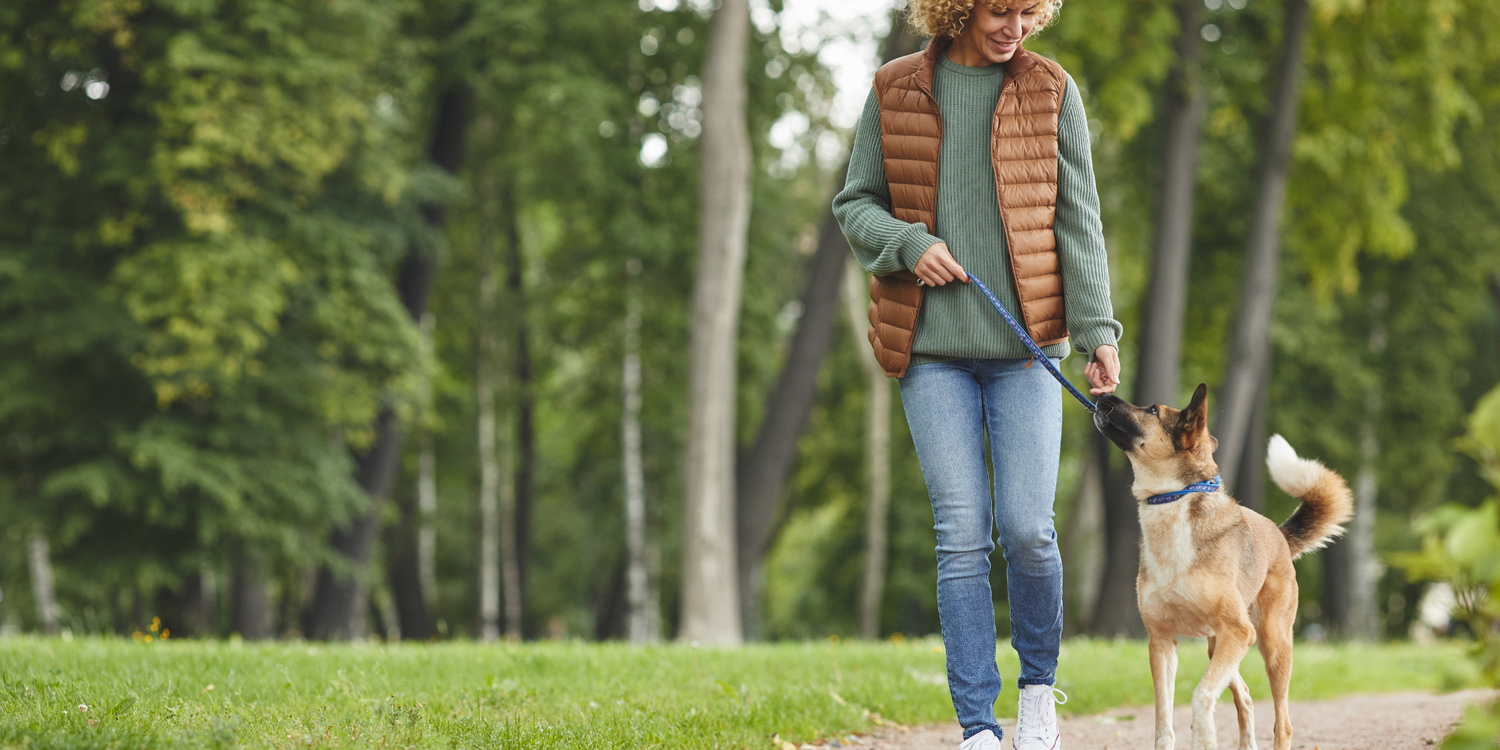
Fetching tennis balls.
Splish-sploshing in mud.
Rolling around in all the putrid smells.
A dog’s action-packed life can take its toll on their joints. And if your dog is slowing down, limping or becoming more irritable – they may be showing one of the common signs of arthritis in dogs.
Similar to humans, canine arthritis refers to various kinds of joint pain or joint disease. It occurs when the cartilage around their joints thins down, resulting in inflammation and pain. Older dogs and some specific breeds are more at risk of arthritis. So, let’s take a look at 3 common signs (and then some ways you can help to put the spring back in their step).
Dog arthritis symptoms
Maybe your dog has a slight limp in their walk. Perhaps they’re having difficulty rising in the morning. Or maybe they’re reluctant to jump up onto your bed and other lovely places. Similar to humans, the symptoms of arthritis can vary and are often worse after sleeping, exercise or cold weather.
Did the W-word once send your dog into a fit of zoomies? But now, are you finding they want to exercise less and less? It might not just be old age that’s slowing them down. Inactivity and loss of interest in exercise could point to arthritis or joint pain.
Would you like it if someone picked you and swung you around while you had joint pain? No thanks, right? And that’s the reason why our dogs might get irritable and aggressive when they’re in pain. Arthritis may lead to your good-natured dog showing unexpected aggression toward other dogs and humans.
How can I help my dog with arthritis or joint pain?
While there’s no magic cure for arthritis, the right treatment and management can help to relieve their symptoms so they can go back to living their best pupper life (did someone say walkies?)
Giving them gentle exercise can help to keep the joints mobile, while being careful not to overdo it. Walking them on the lead can stop them from running, bouncing and trying to keep up with the young guns. Not only that, but excess weight can also place extra (and unnecessary) pressure on their joints. Exercise will help them to keep a stable body weight (and it’s best to combine this with a balanced diet).
On that point, a diet rich in Omega-3 fatty acids can help reduce inflammation around the joints – which can ultimately slow down the symptoms of arthritis. Omega-3 can be found in yummy, bowl-slurpin’ foods like fish, flax seeds, hemp seeds and hemp oil. Omega rich wholefood ingredients such as salmon, New Zealand green lipped mussels and hemp seeds have been carefully blended together in the Joint Support Wholefood Powder.
Although arthritis is common in older dogs, it’s always a good idea to get it checked out by a vet. That’s because there are various treatments available to manage their symptoms, so they can live a happy, comfortable and tail-wagglingly good life. Because at the end of our dog-filled day, that’s all we really want, right?
Our Joint Support Wholefood Powder is developed by a Vet Nutritionist, and perfect for both active and ageing dogs to support them during life’s furry adventures.





